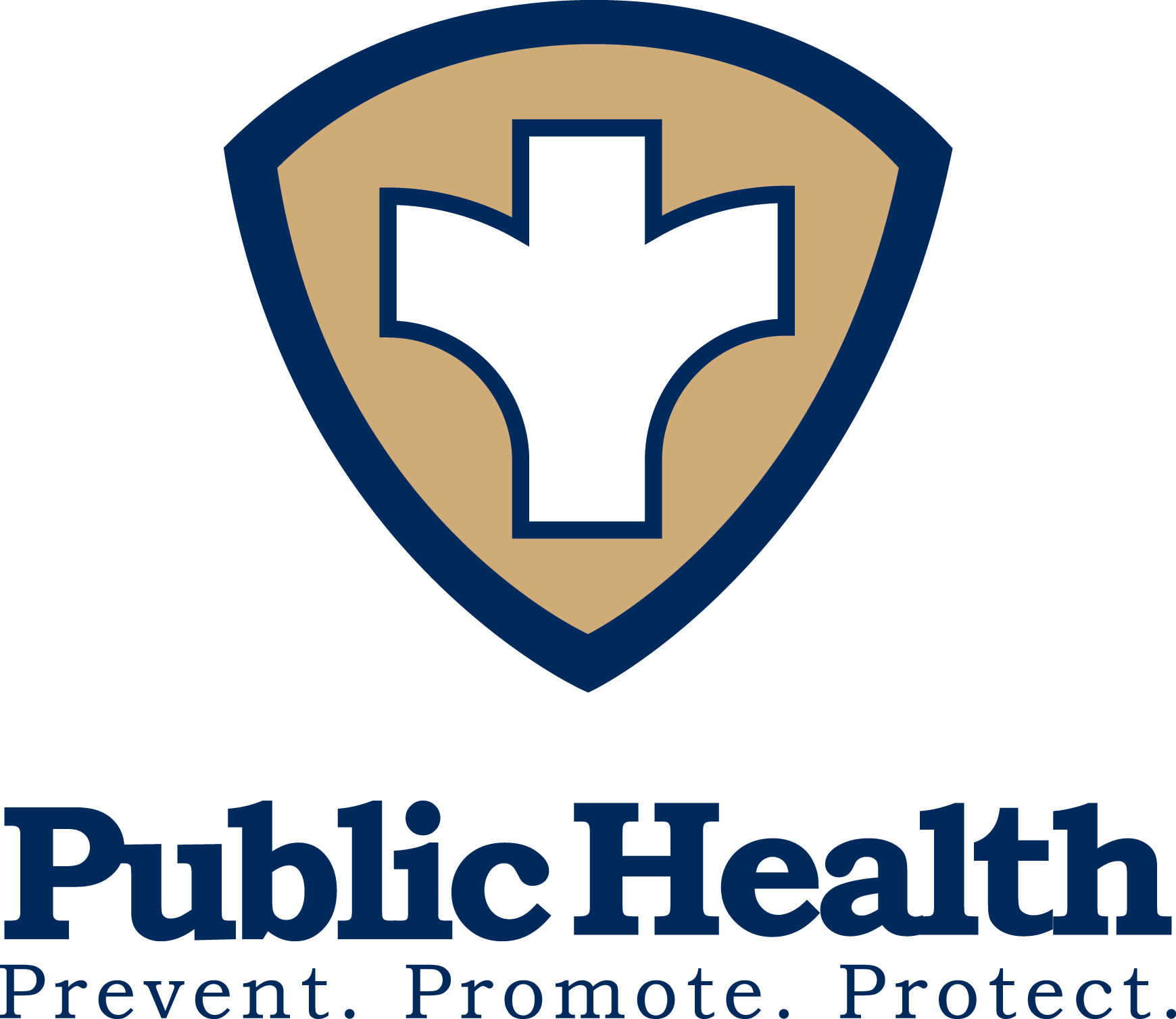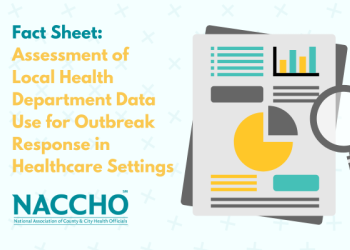 By Grenadier, Andrea, BA; Holtgrave, Peter, MPH, MA; Aldridge, Chris, MSW, NACCHO
By Grenadier, Andrea, BA; Holtgrave, Peter, MPH, MA; Aldridge, Chris, MSW, NACCHO
This article originally ran in the Journal of Public Health Management and Practice.
When public health departments support all aspects of the public’s well-being—beginning with striking at the roots of health inequity—it can create transformational change. Part of this process is encouraging people in communities to determine their own futures, to express agency; something that is rooted in action and power. So, how does local public health get there?
We already have examples of success. For instance, local health departments have been at the forefront of health equity work by building internal capacity and infrastructure, fostering strategic community partnerships to build power and engage in social justice work, and working across government agencies to develop shared ownership for health equity.
However, although these examples exist, all too often public health’s efforts fail to improve population health—often because of the fear of failure.
There is fear of trying new initiatives that might not work out. There is fear of running out of time, will, allies, and money. There is fear of not meeting funders’ expectations, even when their expectations do not align with the community’s needs. There is fear of going against the governing bodies, such as mayors and other officials, even when their agendas may conflict with the community’s needs. And underlying all of this is the fear of losing ever-dwindling vital resources.
Addressing the roots of health inequity requires operating out of a social justice—and not just a medical—framework. In their role as scientists, public health practitioners can no longer shy away from addressing issues of unequal power and structural bias, such as racism.
The Seattle-based Bridging Health and Community is dedicated to exploring health from the perspective of communities. Its Creating Health Collaborative comprises innovators exploring health from the perspective of people and communities and how that perspective influences local efforts to create it. The Collaborative came to focus on the importance of agency to health and developed 12 Principles1 that describe inclusive, participatory, and responsive process to holistically shift how healthy communities might be developed.
Read the full article in the Journal of Public Health Management and Practice.





